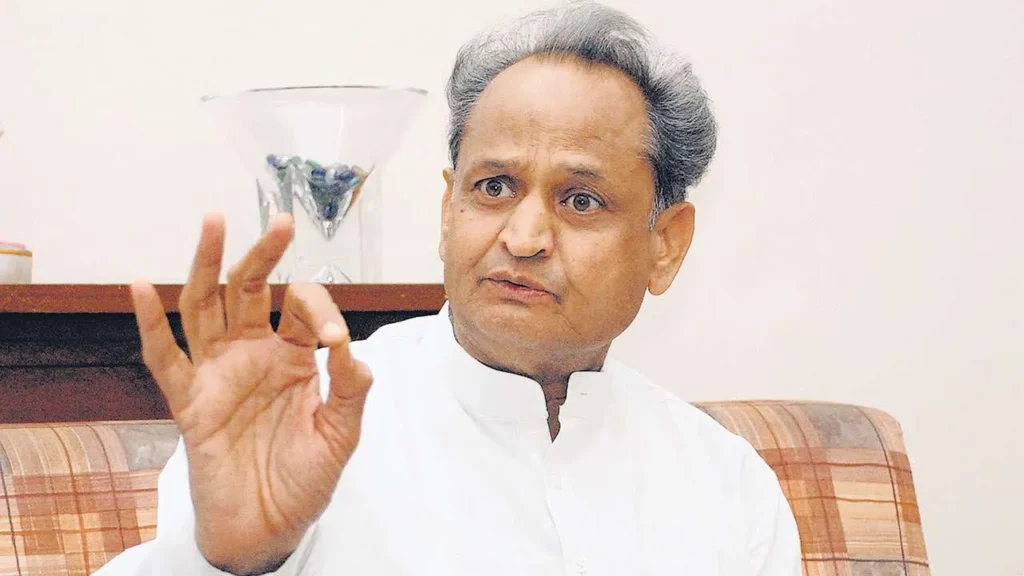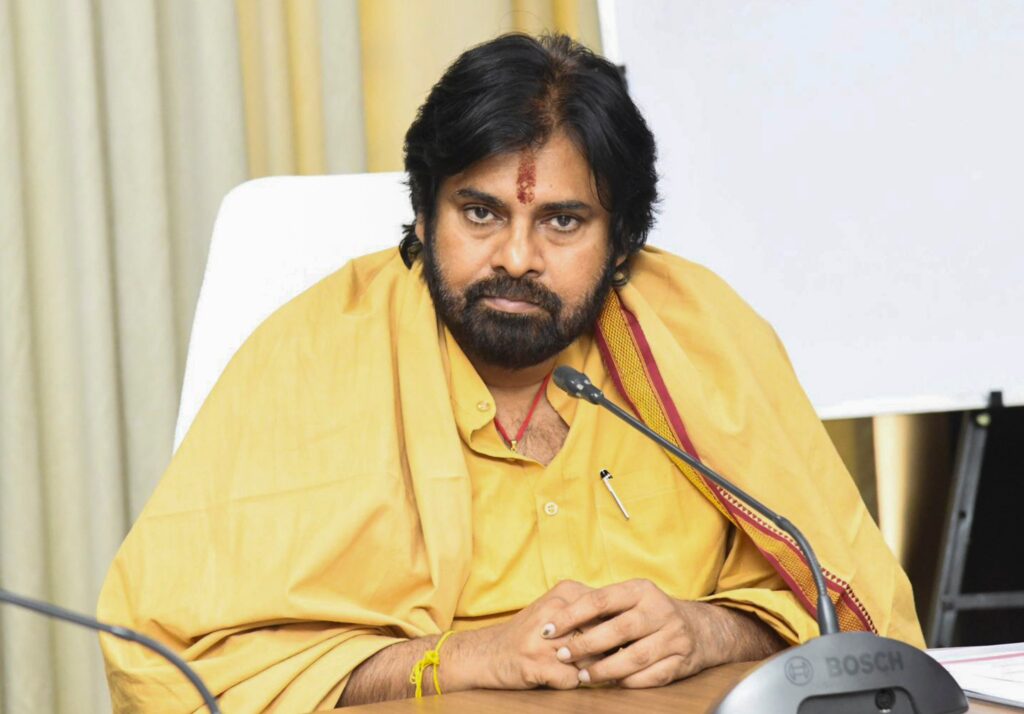Gehlot slams Centre over rising polarisation, says Constitution under serious threat
Senior Congress leader and former Rajasthan Chief Minister Ashok Gehlot has issued a stark warning about the state of democracy in India, claiming that the country is witnessing unprecedented levels of tension and communal polarisation. Speaking during his visit to Udaipur as part of the “Save the Constitution Rally”, Gehlot emphasized that the environment being created today is “dangerous for every citizen,” regardless of political affiliation or belief.
According to Gehlot, this level of division is something India has not experienced since Independence, and he attributed it to an erosion of democratic values, constitutional principles, and a growing disregard for the importance of dissent. His comments come at a time when the Congress party is attempting to reposition itself as a key guardian of India’s democratic institutions, especially in the wake of recent political realignments in Rajasthan and beyond.
Ashok Gehlot Criticizes Political Polarisation and Emphasizes Constitutional Unity
Ashok Gehlot painted a grim picture of the current political climate in India, warning that the fabric of democracy is being torn apart by divisive tactics and communal politics. “For the first time since Independence,” he said, “the country is facing such tension and polarisation.” He argued that true democracy can only flourish when all castes, communities, and religions move forward together, not in competition or conflict.
#WATCH | Udaipur, Rajasthan | Former Rajasthan CM & Congress leader Ashok Gehlot says, "The entire country is witnessing a kind of tension and polarisation which is there for the first time in post-independent India. It's not in anyone's interest. Democracy becomes strong only… pic.twitter.com/atBkgE6Tmt
— ANI (@ANI) June 12, 2025
Referring to the Indian Constitution as “the soul of the republic,” Gehlot echoed Rahul Gandhi’s call to ‘Save the Constitution’, saying that recent political trends indicate a slow but deliberate erosion of constitutional protections. He drew attention to how religious and caste-based divisions are being exploited for electoral gain, warning that “winning elections is one thing, but saving democracy is another.”
Gehlot stressed that India’s constitutional values—secularism, equality, freedom of expression, and justice—are not merely theoretical but essential to the everyday functioning of society. He emphasized the importance of citizen vigilance and grassroots political education, warning that without them, democratic institutions could be hollowed out from within.
As part of his broader message, Gehlot called upon civil society, intellectuals, and political leaders across party lines to rise above short-term political interests and focus on preserving the democratic soul of India. He argued that unity across religious and caste lines is not a luxury, but a precondition for India’s democratic survival.
Strong Opposition Vital for Democracy, Says Gehlot at ‘Save the Constitution Rally’
Highlighting the critical role of a vibrant opposition, Gehlot emphasized that democracy cannot function in a vacuum of dissent. “Opposition is important in democracy, and what is a government in a democracy without opposition?” he asked rhetorically. According to him, the current environment is one where dissent is being silenced, media voices suppressed, and opposition parties portrayed as anti-national.
The “Save the Constitution Rally”, which Gehlot is spearheading across Rajasthan, aims to educate party workers and the public about the threats facing India’s democratic institutions. The campaign has gained traction following recent internal unity within the Congress party in the state, suggesting that the party is now preparing to rebuild its base through ideological messaging centered on constitutional values.
Gehlot’s campaign is not just an internal party affair—it is also a strategic political message aimed at countering the narrative that electoral success is the only benchmark of governance. He insisted that the quality of democracy must be judged by how dissent is treated, how minorities are protected, and how faithfully the Constitution is upheld, not simply by who wins the majority.
By aligning the Congress narrative with constitutional nationalism, Gehlot and party leaders hope to reconnect with voters who are concerned about the growing authoritarian tendencies in Indian politics. The message is clear: defending democracy requires more than ballots—it requires bravery, unity, and vigilance.





















